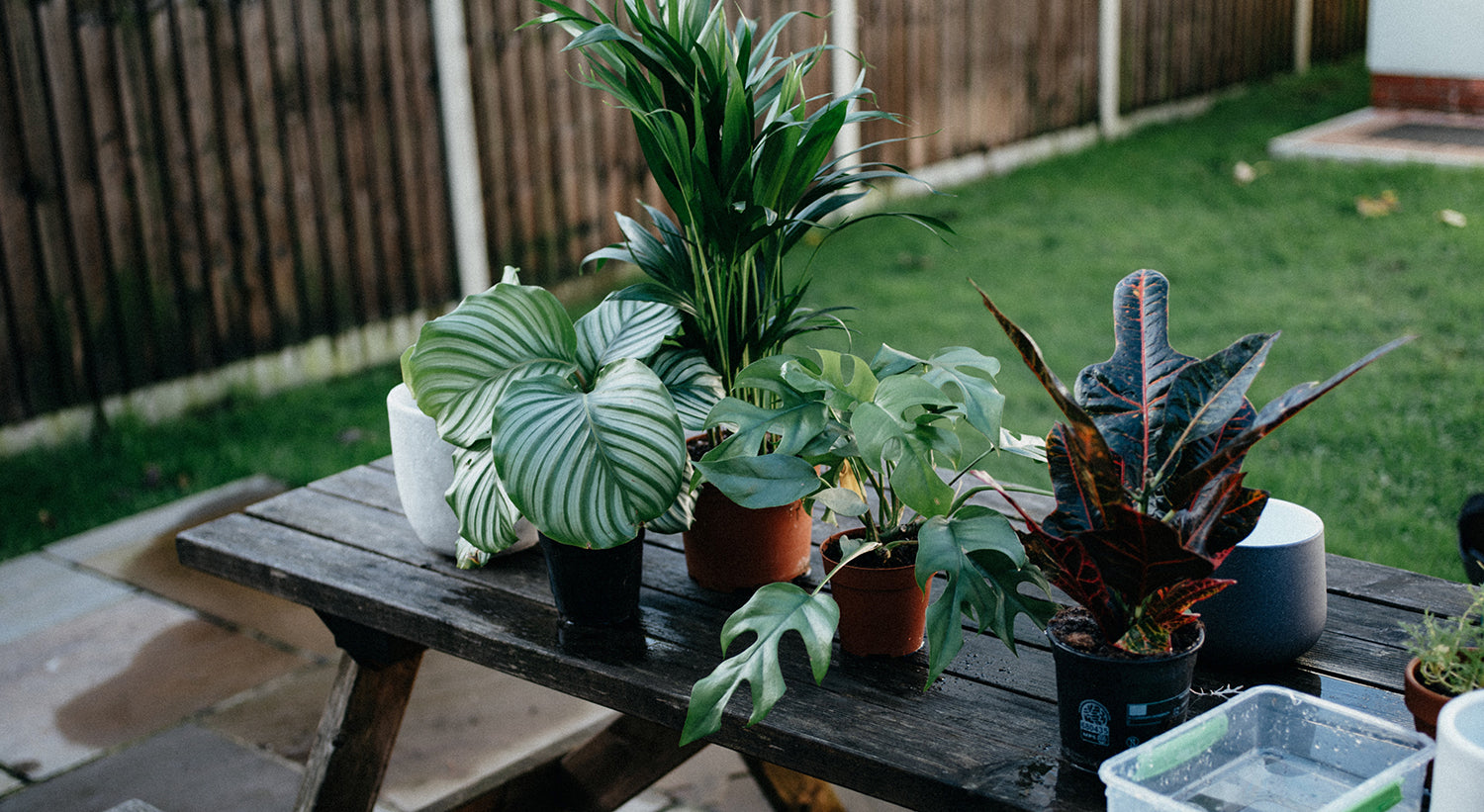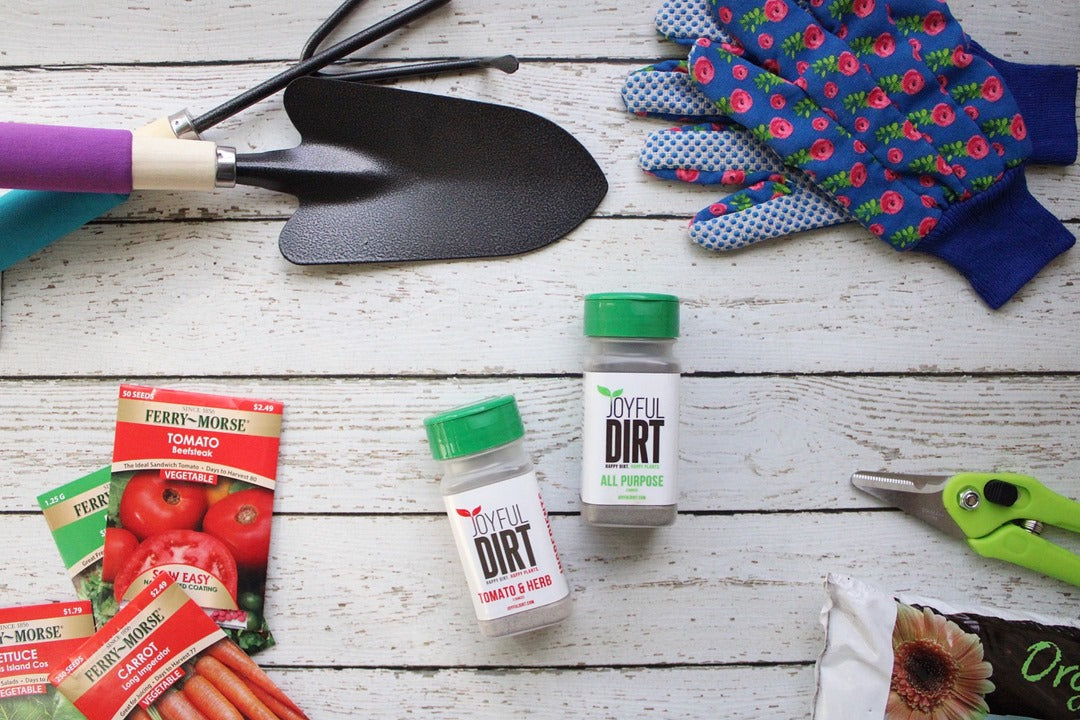
4 Things to Consider Before Moving Indoor Plants Outdoors for Summer
As the cold winter months are beginning to end, you're not the only one looking forward to the warm temperatures and sunny summer days -- your plants are too! Here's what you need to know before moving your plants outdoors for summer...
Can all plants go outside?
Almost all plants can go outside during the summer. As a matter of fact, they'll enjoy the warm, fresh, summer air. The one thing to keep in mind is the intensity of the outdoor sunlight. Just because your plant can be outside, doesn't mean it should be direct sunlight all day. Ideally, you should keep your plants in an area that replicates your indoor lighting and slowly acclimate them to their new outdoor environment.

When can I bring my plants outdoors?
You can start acclimating your plants to the outdoor environment when the temperatures are consistently above 50°F. You should bring your plants indoors over night if the night time temperatures drop below 50°F.

How to acclimate a plant to the outdoors?
Acclimating your plants to the outdoor environment typically takes about 7-10 days. Start by bringing your plant out in shady areas for a couple hours each day while slowly increasing the outdoor time. After about 5 days you can begin to expose your plant to the morning sunlight. You should never allow your plants to sit in full sun for extended periods of time because it can damage their foliage.

Will I need to change my watering routine when my plants are outdoors?
This depends on the amount of rain and humidity you're experiencing. Our same watering technique still apply when your plant is outdoors. Stick you finger 2"-3" into the potting soil. If it's dry, water your plant thoroughly. You may notice that your plant will require more, less, or the same amount of water when it's in the outdoor environment.
Bonus Tip:
- Check your plants foliage regularly for bugs and insects. If you plant has bugs, click here to learn how to get rid of them.



Leave a comment
This site is protected by hCaptcha and the hCaptcha Privacy Policy and Terms of Service apply.